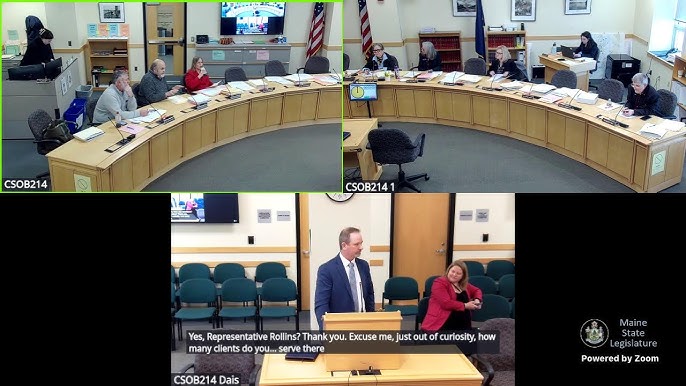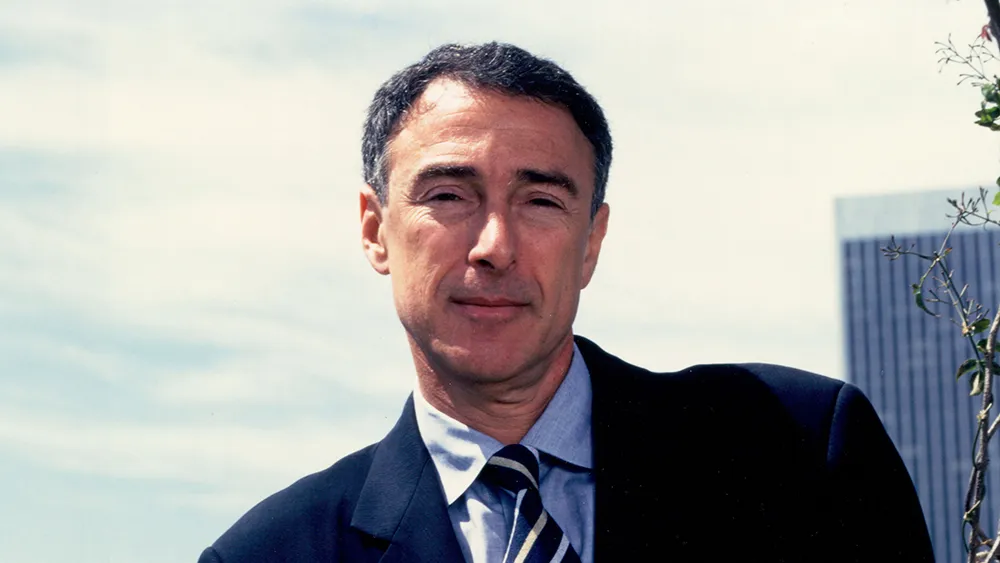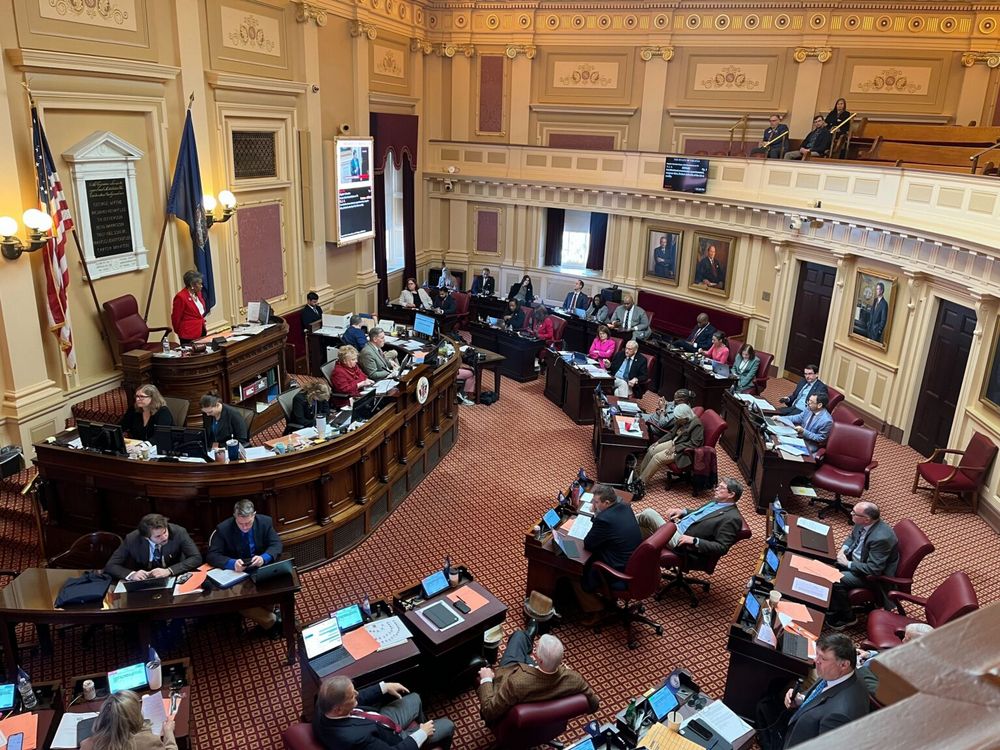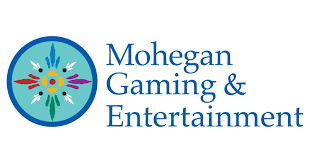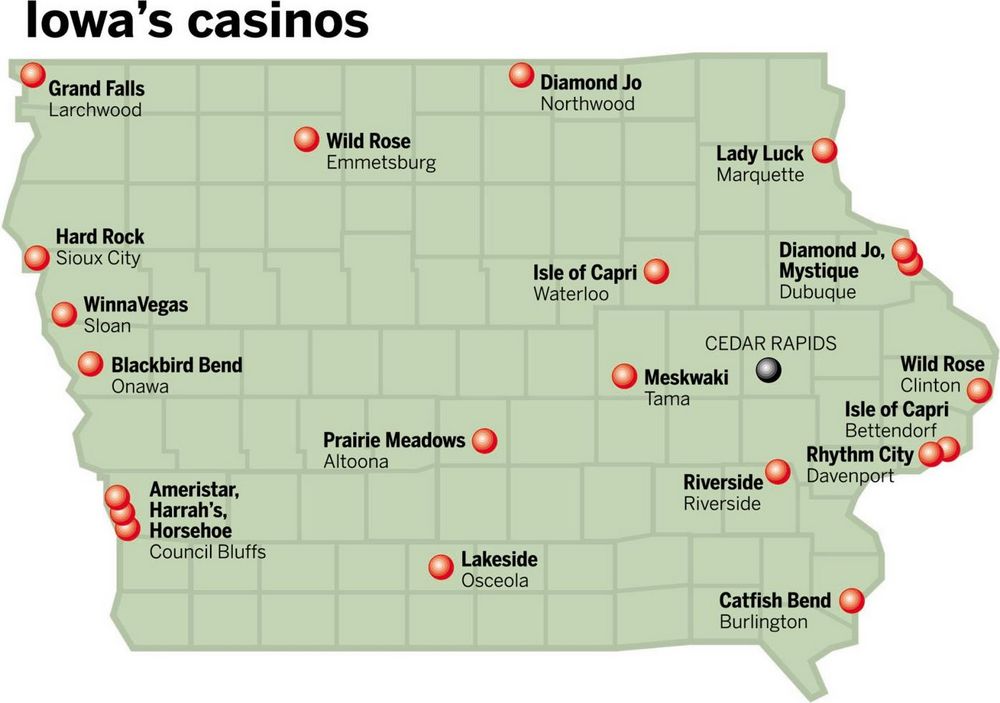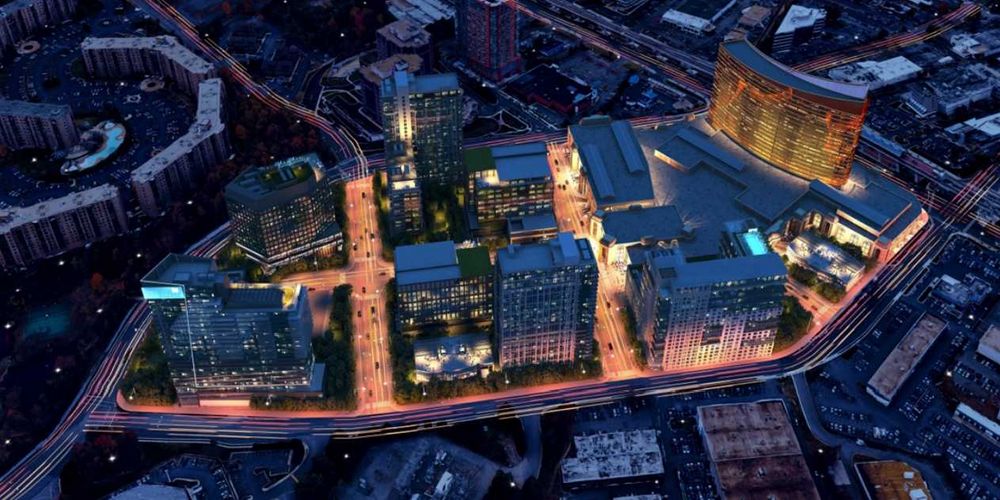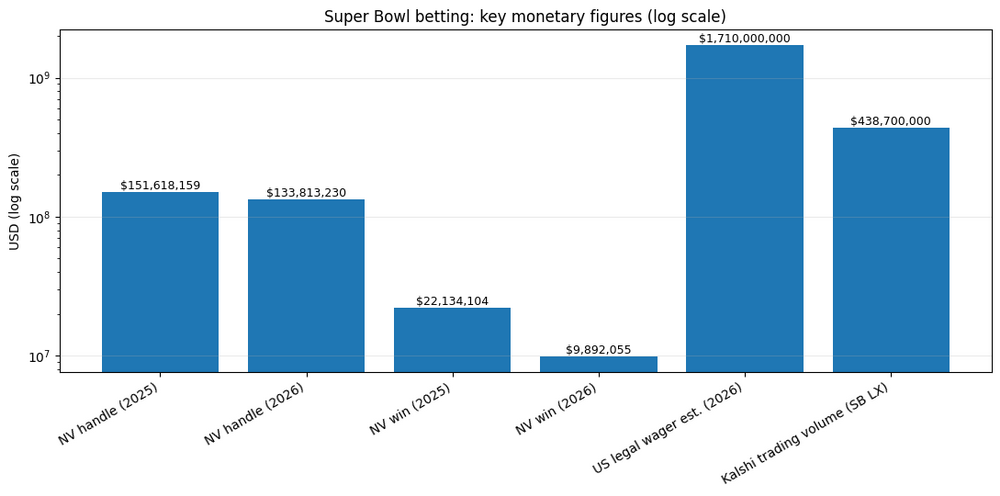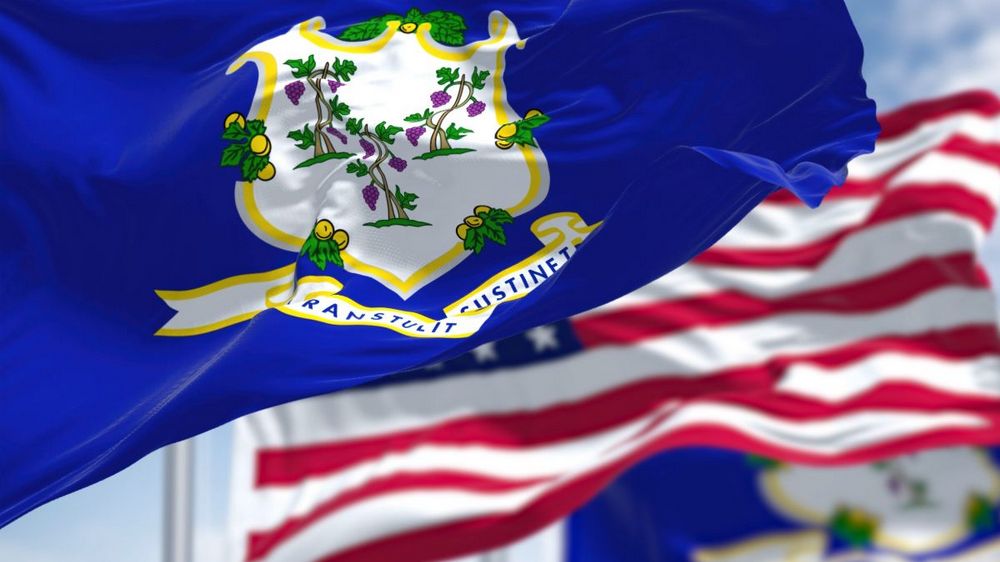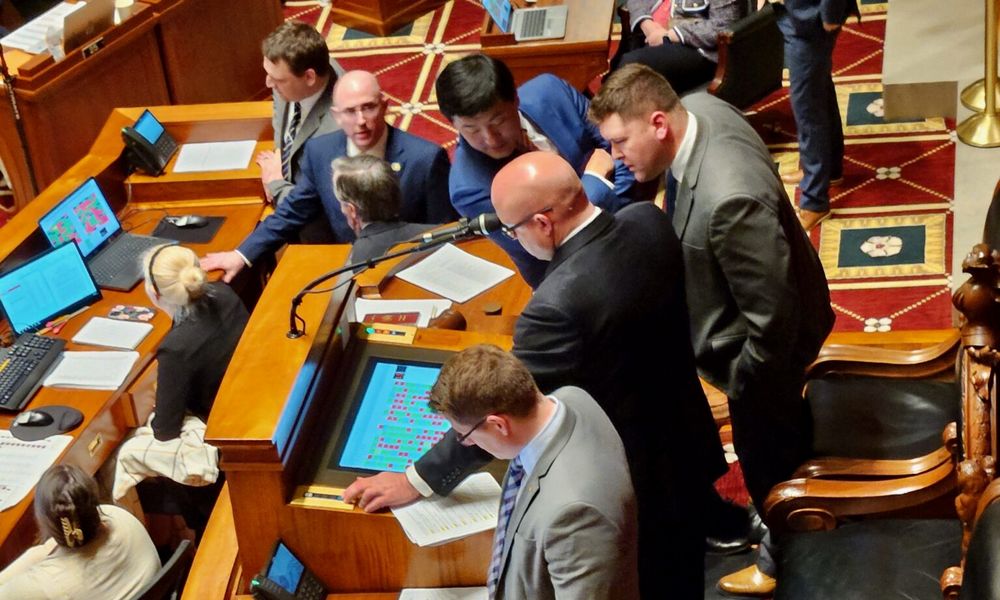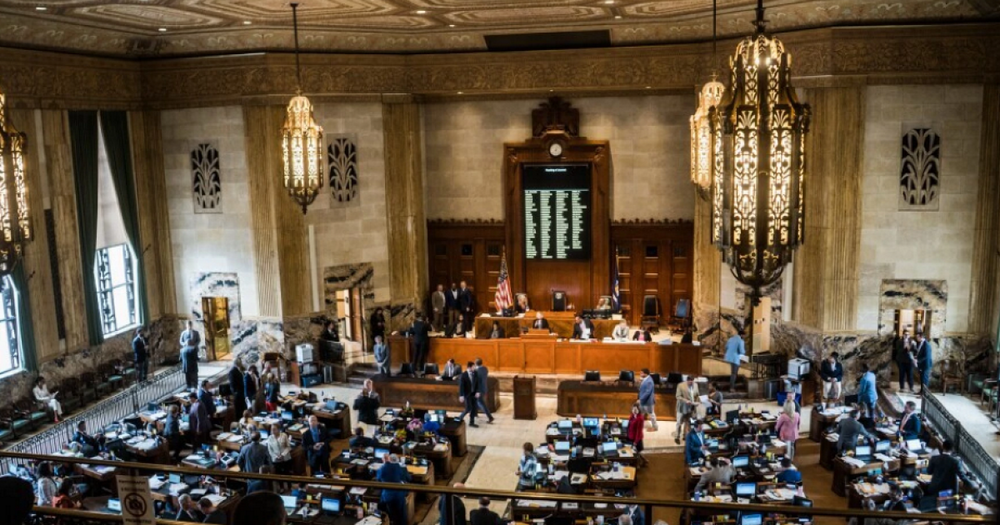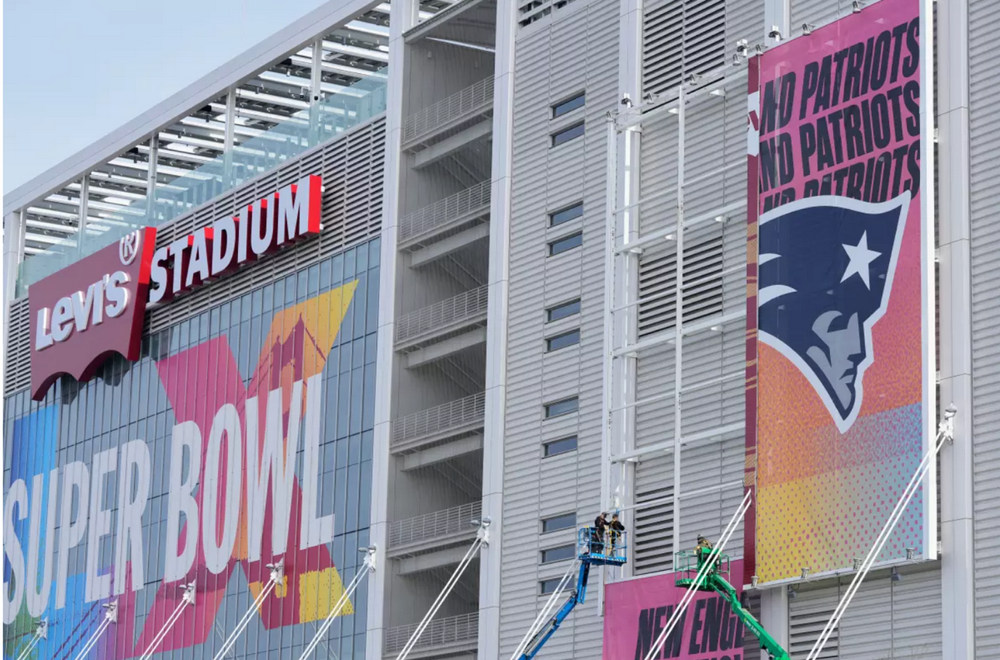The Puyallup Tribe of Indians has earned national praise for its innovative and culturally grounded approach to problem gambling prevention. The tribe’s campaign, titled “Take a Break, Take a Breath and Reconnect,” was recently named a finalist for the Corporate Public Awareness Award by the National Council on Problem Gambling (NCPG).
Though it didn’t take the top honor, the campaign’s selection as a finalist highlights its impact, creativity, and reach—especially in Indigenous communities often underrepresented in mainstream public health messaging.

Led by Puyallup Tribal Council Chairman Bill Sterud, the campaign launched in 2023 with a series of public service announcements broadcast on regional television stations throughout Washington State. The ads, which encouraged viewers to reflect on their relationship with gambling and reconnect with loved ones, were paired with digital media initiatives through a partnership with the Evergreen Council on Problem Gambling (ECPG).
According to tribal and council sources, the campaign directly contributed to a notable uptick in calls to gambling helplines during its active months. That data point, among others, positioned the Puyallup Tribe as a leader in tribal public health communication.
The initiative forms part of the tribe’s broader wellness agenda, which also includes behavioral health services, addiction support, and community-driven education efforts. The campaign reflects a tribal-centric model, where sovereignty empowers Native communities to develop and fund localized, culturally competent health programming.
“This campaign represents more than messaging—it’s about cultural reconnection, resilience, and protecting the next generation,” said a representative from the tribe’s behavioral health division.
The Puyallup Tribe, federally recognized and headquartered in Tacoma, Washington, operates its own Class III gaming facilities under the Indian Gaming Regulatory Act (IGRA), and applies a portion of its gaming revenue to community reinvestment and health education.
Its collaboration with Evergreen Council demonstrates how tribal governments can strategically partner with state-level public health bodies while preserving governance autonomy and cultural specificity.
As the gambling landscape continues to expand nationwide—especially with the rise of online and mobile betting—tribal nations like Puyallup are emerging as key stakeholders in prevention efforts and models for responsible messaging and health equity.












